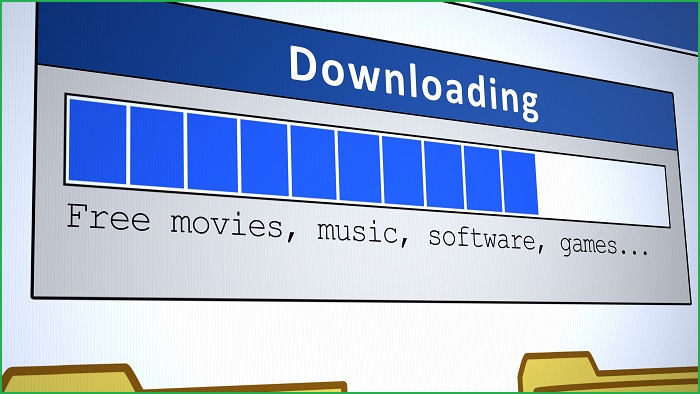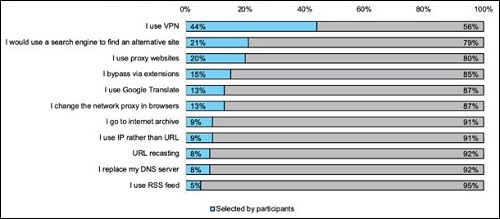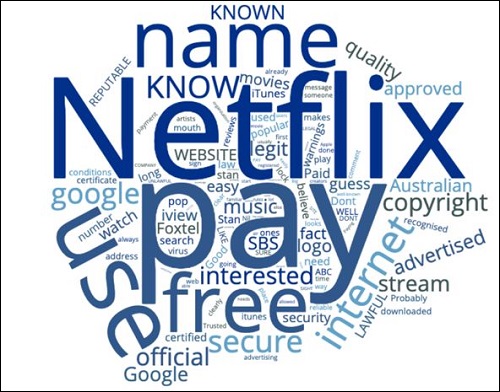The number of Australians willfully committing online copyright infringement is decreasing, according to a report commissioned by the government.
Based on a survey of nearly 2,500 people, the Consumer Survey on Online Copyright Infringement 2019, conducted by Indigenous Professional Services, shows the rate of piracy is sliding.
“The proportion of 100 per cent unlawful digital content consumption within any of the four content types declined from 10 per cent in 2018 to one per cent in 2019,” the report says.
“Participants that consumed a mix of lawful and unlawful digital content also declined from 22 per cent in 2018 down to 15 per cent in 2019.”
Pirates are mostly motivated by the speed and cost (free) of copyright infringement, but there has been a recent uptick in survey respondents answering “because I can” as their motivation.
If you can't beat them, block them
In late 2016, the Federal Court determined that ISPs have to block access to certain pirating websites.
That move appears to have worked, with more than half of respondents said they would “give up” when coming across a blocked website, and nearly half of the people who actually have encountered a blocked site said they gave up after being denied access.
For those who said they bypass blocked sites, the most common method was using a VPN, followed by using search engines to find alternatives.
Actions participants would take to bypass a blocked site.
Interestingly, the demographics of copyright infringers has changed over the past five years.
Back in 2015, survey respondents over the age of 55 consumed the most pirated content – in 2019, it was people in the 25-34 age bracket doing the most illegal downloading.
And despite cost of content still being a main motivating factor for pirates, the largest proportion of infringers reported a household income over $80,000.
Gaining confidence
The survey shows users are more confident that they can tell the difference between lawful and unlawful online content, although many older Australians still aren’t sure which sites are legit.
“Across all age groups, a lower proportion of participants were not confident in knowing what is and what isn’t lawful online meaning that a greater proportion were confident in knowing,” the report says.
“Of interest is that more than half of those aged 55 plus are not confident in 2019.”
There is more consumer awareness about the variety of different legal streaming services available, with two-thirds of respondents identifying the likes of Netflix, ABC iView, Stan, Foxtel, iTunes and Spotify.
Unsurprisingly, ‘Netflix’ was one of the most frequent words used to describe content the respondents perceived as lawful.
Word cloud of frequent responses about lawful online services.
People watching sport was included in the survey for the first time in 2019.
The results show a highly fragmented market with nearly 100 services mentioned by respondents.
Foxtel did had the lion’s share of digital sports viewing, followed by free streaming site LiveTV and Facebook.
Males reported consuming considerably more sports content than females.
Top ten most pirated TV shows in 2019
According to filesharing news site, TorrentFreak, Game of Thrones once again topped the list of most pirated TV shows in 2019 (at least for people who use BitTorrent).
The HBO fantasy show made Australia notorious when it the rankings as the world’s biggest pirates in 2016.
The full list of 2019’s most pirated TV shows is as follows:
- Game of Thrones
- Chernobyl
- The Mandalorian
- The Big Bang Theory
- Vikings
- The Walking Dead
- The Flash
- Rick and Morty
- Supergirl
- Arrow












